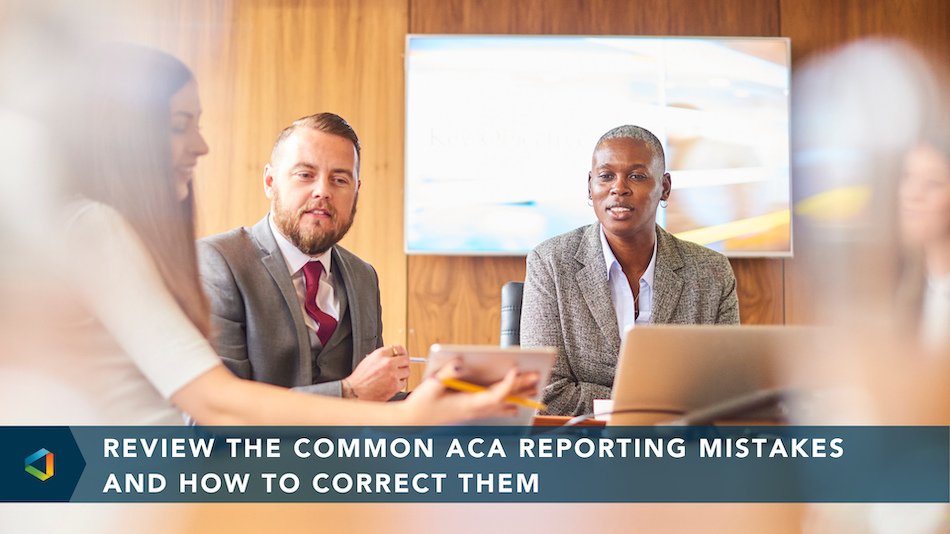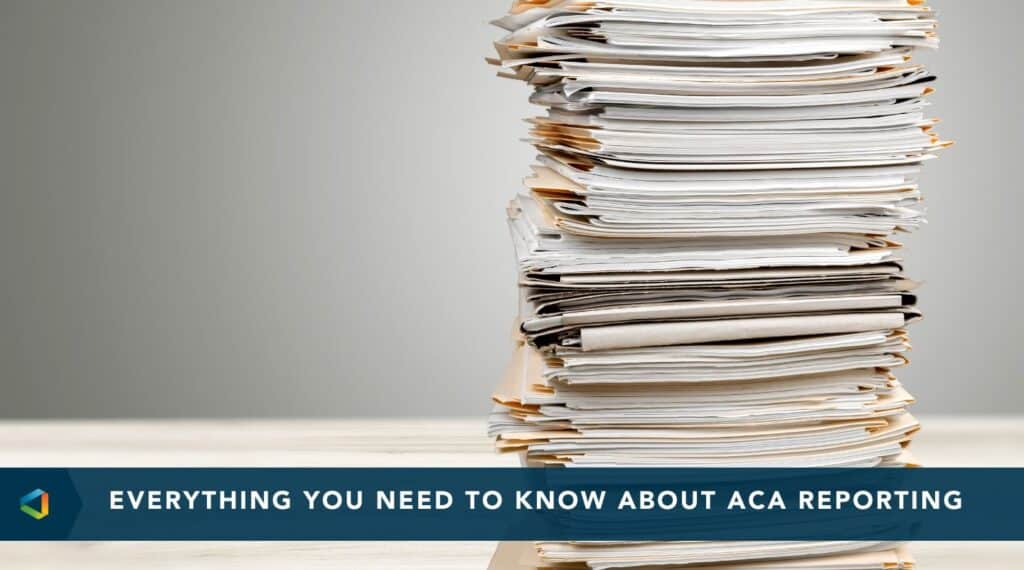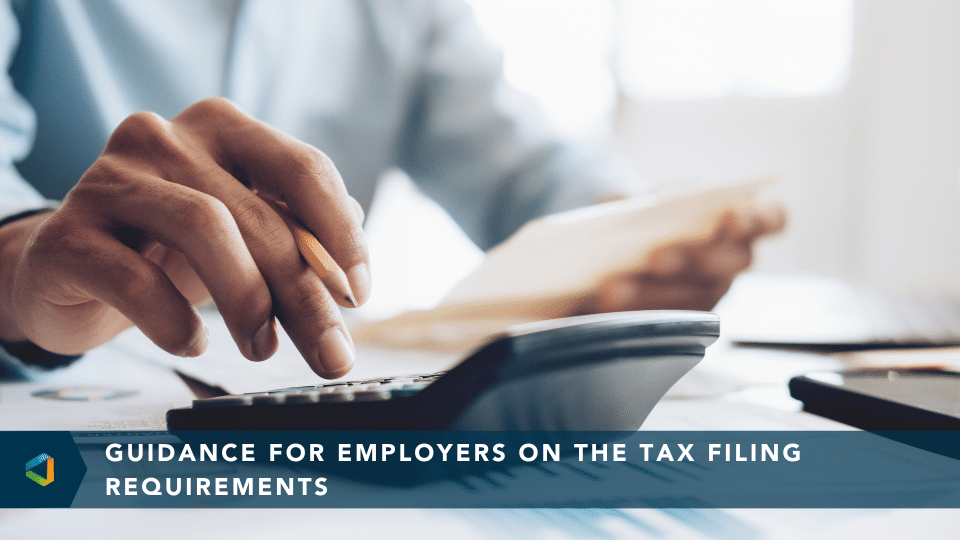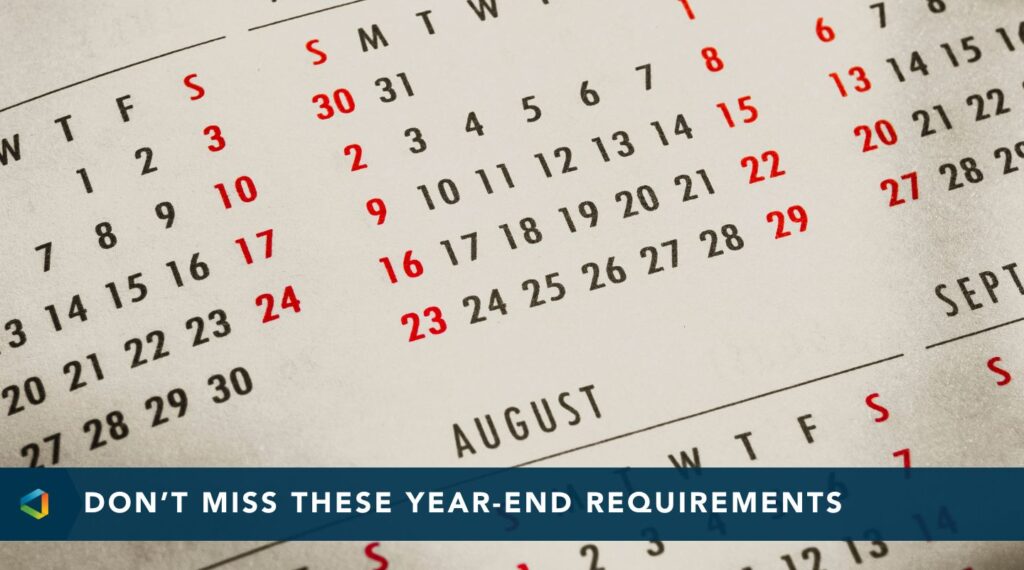Compliance Confidence
Proposed ACA Deadline Extensions and Elimination of “Good Faith” Relief
Proposed ACA Deadline Extensions and Elimination of “Good Faith” Relief
The IRS issued proposed regulations that would essentially grant an automatic 30-day extension for applicable large employers (ALEs) to provide Forms 1095-B and 1095-C to health plan participants.
The IRS has typically announced extensions each year; these proposed regulations would make those extensions permanent. If finalized, Applicable Large Employers (ALEs) would have 30 days from January 31 to provide participants with the required forms. If the 30th day falls on a Saturday, Sunday, or legal holiday, the extension lasts until the next business day.
Alternative Method of Furnishing Forms 1095-B and 1095-C
The proposed rule also provides ALEs with an alternative method or providing Forms 1095-B and 1095-C to applicable individuals. If finalized, Form 1095-B will be considered timely furnished if:
- The reporting entity posts a “clear and conspicuous” notice on their website with information on how individuals can request Form 1095-B.
- Form 1095-B is provided within 30 days after a request for the Form is received.
- The notice remains in the same location on the website until October 15 of the year after the year to which the statement applies.
To meet the “clear and conspicuous” standard, the notice must provide an email address and physical address where individuals can request the Form. The notice must also include a telephone number if the individual has any questions about the Form.
Self-insured plans are offered similar relief for providing Form 1095-C. However, this relief applies does not apply to full-time employees, who must still be provided with Form 1095-C.
Elimination of “Good Faith” Relief
Previously, the IRS provided “good faith” relief from penalties if reporting entities provided incorrect or incomplete information in ACA filings. The proposed regulation would eliminate this “good faith” relief beginning in tax year 2021. According to the IRS, “good faith” relief should be eliminated because of how long reporting requirements have been in effect. In essence, the IRS believes that employers and other reporting entities have had enough time to figure out what information is required, so errors should no longer be made.
Like all proposed regulations, there is a chance that some of the details could change by the time final regulations are issued. However, employers that wish to rely on these proposed regulations may do so. Because of the proposed elimination of “good faith” relief, now is a great time to review ALE status and ACA reporting procedures for 2022 to make sure you remain compliant and provide correct information timely to avoid any potential penalties.
Don’t miss an update – visit OneDigital’s Compliance Confidence Fresh Thinking blog for the latest developments around employer compliance. As always, if you have more questions, please reach out to your OneDigital consultant.
Share
Related News & Updates

Article
Guide to Correcting ACA Reporting Mistakes
12.27.2022



